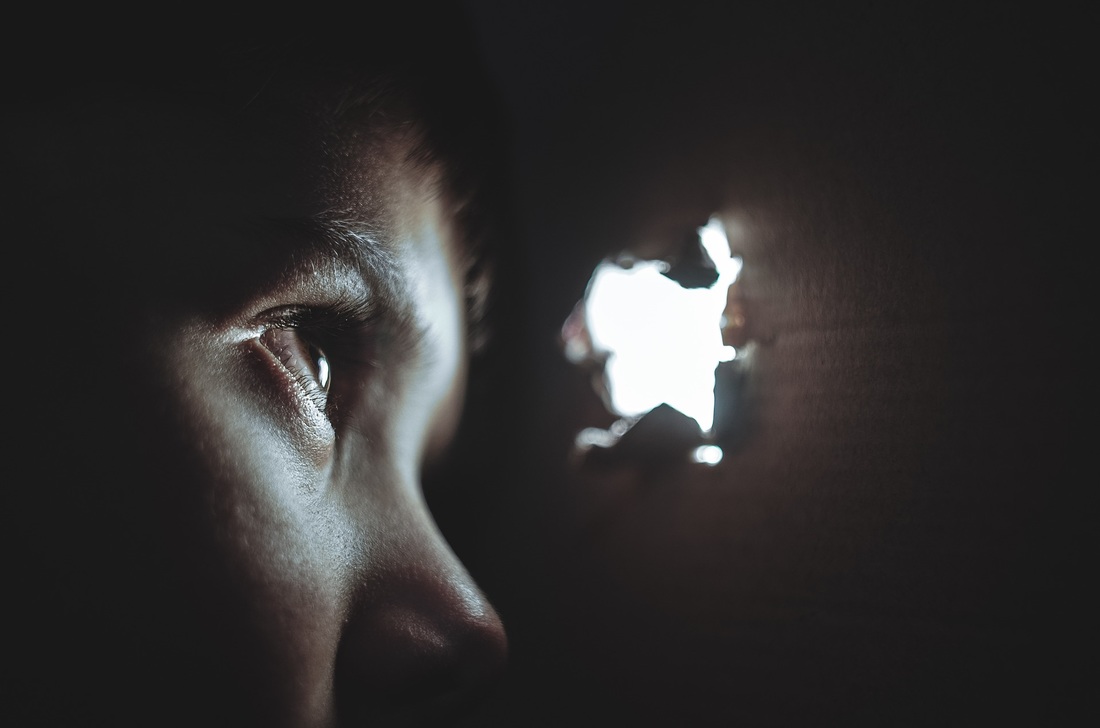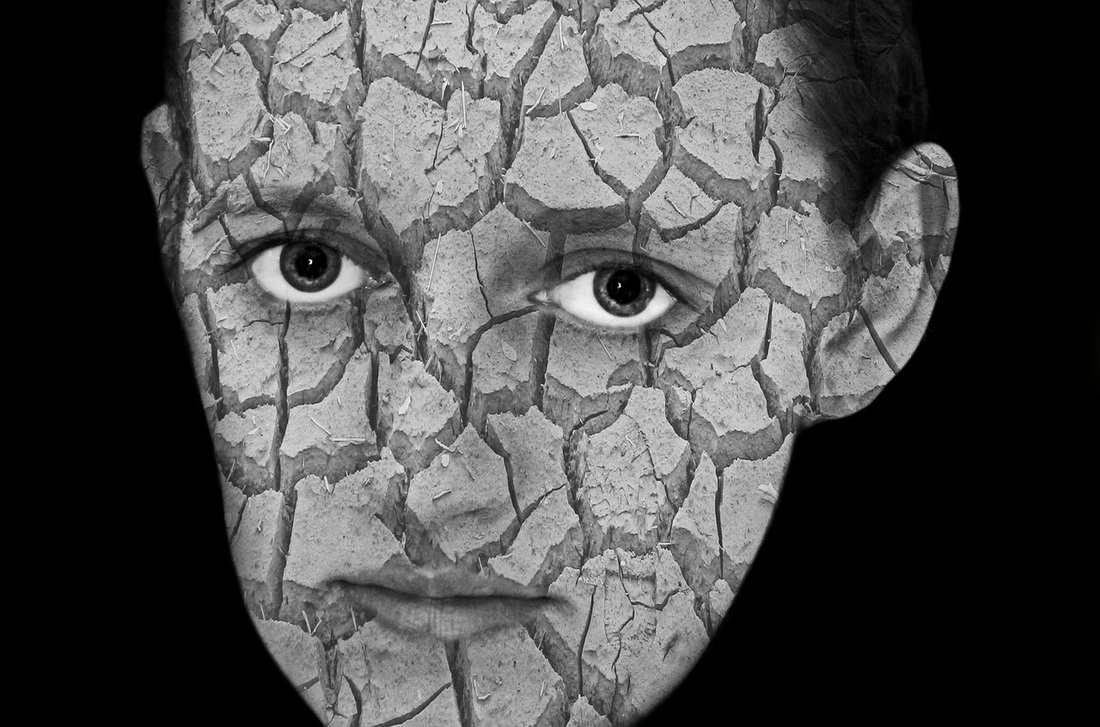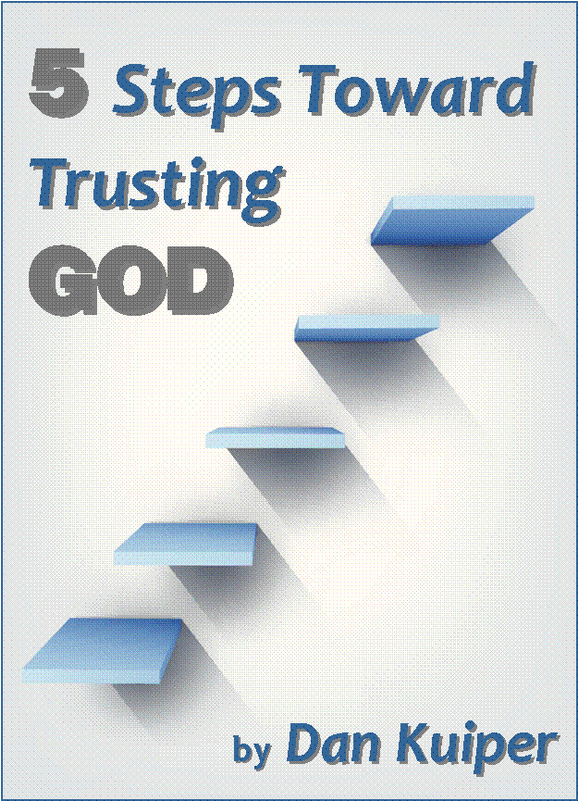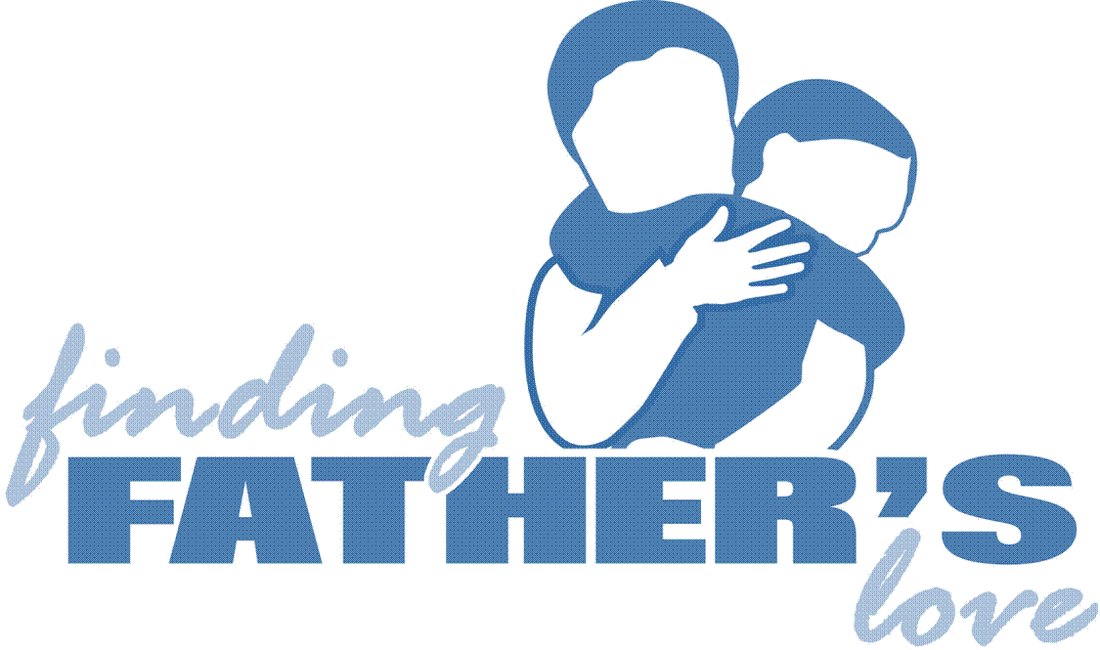That December 19th, 20 years ago today, made it a Christmas season very different from any I had ever experienced.
Dad had gone into the hospital that year shortly after Thanksgiving. The doctors soon concluded that his heart would not withstand bypass surgery. There were no other options. The goal now was to build up his strength enough so he could come home for what was to be his last Christmas.
Just as Jan and I were about to leave for our Christmas party Dad called to see how things were going with us. That was Dad. Literally on his death bed but asking how we and the kids were doing. As the conversation was ending he asked, “When am I supposed to come home again?” Jan answered, “Christmas Eve.” Dad asked, “How many days is that?” Jan told him, “Five.”
Dad’s response was peculiar. He said matter-of-factly, “I’m not going to make that.” Jan assured him that if he wanted to the doctors would certainly allow him to come home early. She told him we could come right then to pick him up. Not surprisingly, he declined the offer. Dad never wanted people making a fuss over him. He responded, “No, we’ll see how tonight goes.”
A nurse later reported that, according to Dad’s roommate, he was “on the phone with someone, hung up, and died.” Turns out Dad was calling to say goodbye.
Most people who are close to me or have heard me speak or have read my writings know that due to my father’s drinking problem we a rather tumultuous relationship. Throughout my childhood I knew my dad as a verbally abusive alcoholic. The name of my ministry--Finding Father’s Love—suggests what my heart yearned for. The very title of my first book--When Father is a Bad Word—offers a glimpse into what my relationship with my father had been like.
Through the years I have shared many personal and painful stories about how my dad’s drinking affected me and my family. I have described my father to literally thousands of people with adjectives like violent, scary, mean, and shaming. One would think that news of his passing would trigger feelings of anger, hopelessness, and deep regret. Instead, I found myself overflowing with gratitude.
Many people know about the drinking problem my dad had when I was a boy. What they may not know is that my dad overcame his addiction when I was an adult. In what could rightfully be termed a miracle, my dad quit drinking. That in itself is not miraculous. People overcome addictive behaviors every day. It’s how my dad did it. You see, he did it with no visible help. He didn’t seek support from AA. He didn’t go to a counselor for direction. He didn’t rely on a sponsor for support. He just quit.
When our pastor got wind of the news he stopped by for a visit. “John,” he said, “I understand you quit drinking.”
“That’s right,” Dad said.
“I also understand that you’re not going anywhere for help.”
“That’s right,” Dad said.
“Well,” the pastor replied, “if you’re able to quit without help you’ll be the first person I’ve ever seen do it.”
Dad’s response took him aback. He grinned and said, “Then I’ll be the first.”
My dad never drank again. Turns out God’s help was the only help he needed. I don’t often speak of this because I don’t want to hold up Dad's story as the norm. For the vast majority of alcoholics, quitting drinking is just the first step. Then they must assemble and rely on a support network to help them maintain sobriety. For many, staying sober is an everyday, lifelong battle. My dad, virtually overnight, was transformed from the raging drunk I feared as a child to the kind and gentle man I was privileged to come to know and love as an adult.
There were many tears during that Christmas season 20 years ago. But intermingled with my tears of sadness were tears of profound gratitude.
- I was grateful for the answer to thousands of prayers uttered in desperation by me and my family on my father's behalf.
- I was grateful for the years of sobriety that God had granted Dad at the end of his life.
- I was grateful that mom didn't break her wedding vows and kept our family together when it would have been easier to bail.
- I was grateful that my wife and children never witnessed that side of my dad.
- I was grateful to get to know my father for who he really was—a good man who happened to have a bad problem.
While I struggled to sing Joy to the World on that Christmas after losing my dad, there were many other familiar carols that took on new meaning for me that year. Some still bring tears. But there are no longer tears of sadness. Only tears of gratitude.
Truly He taught us to love one another,
His law is love and His gospel is peace.
Chains he shall break, for the slave is our brother.
And in his name all oppression shall cease.
Sweet hymns of joy in grateful chorus raise we,
With all our hearts we praise His holy name.
Christ is the Lord! Then ever, ever praise we,
His power and glory ever more proclaim!
His power and glory ever more proclaim!










 RSS Feed
RSS Feed